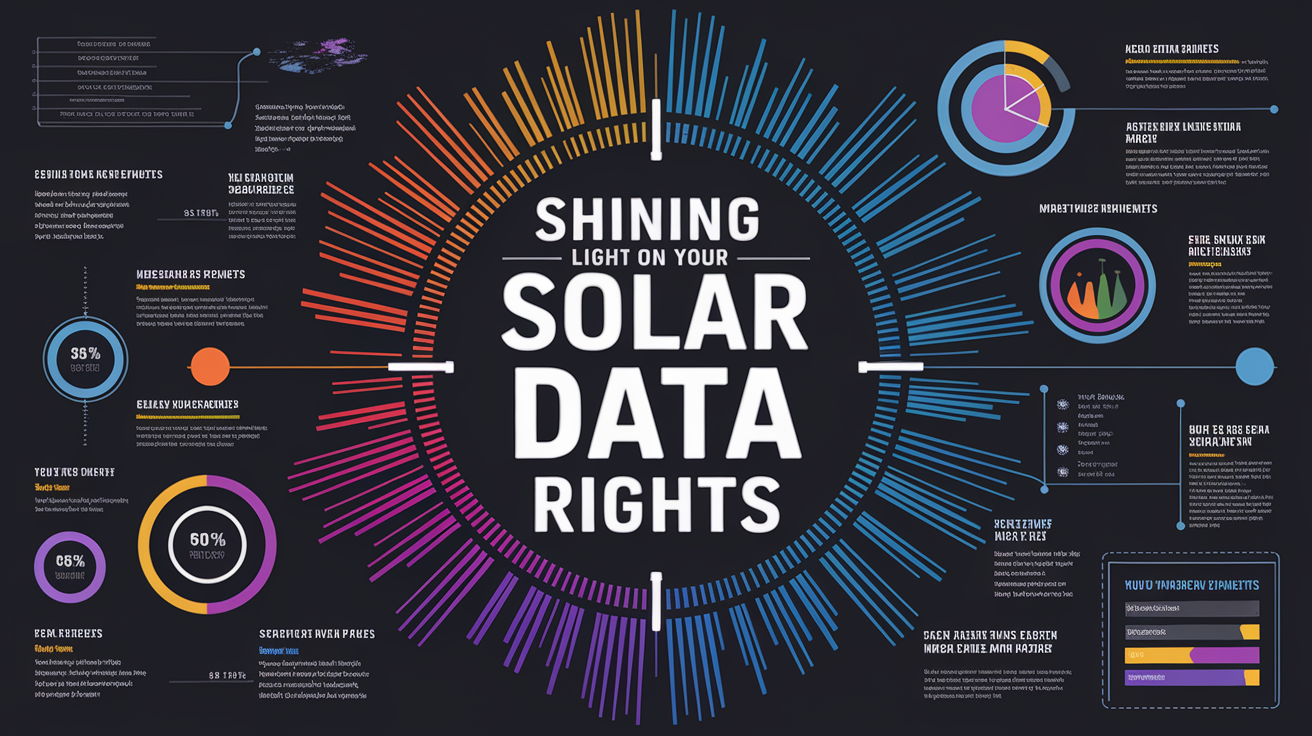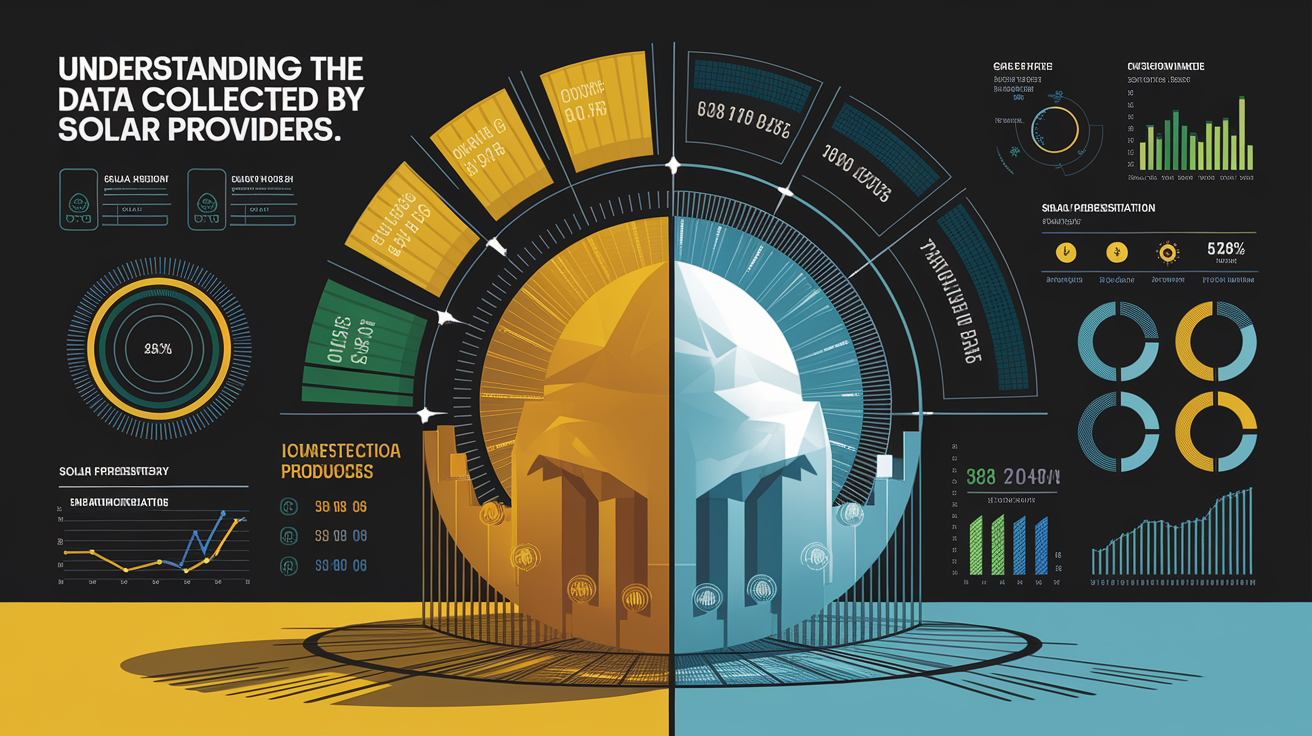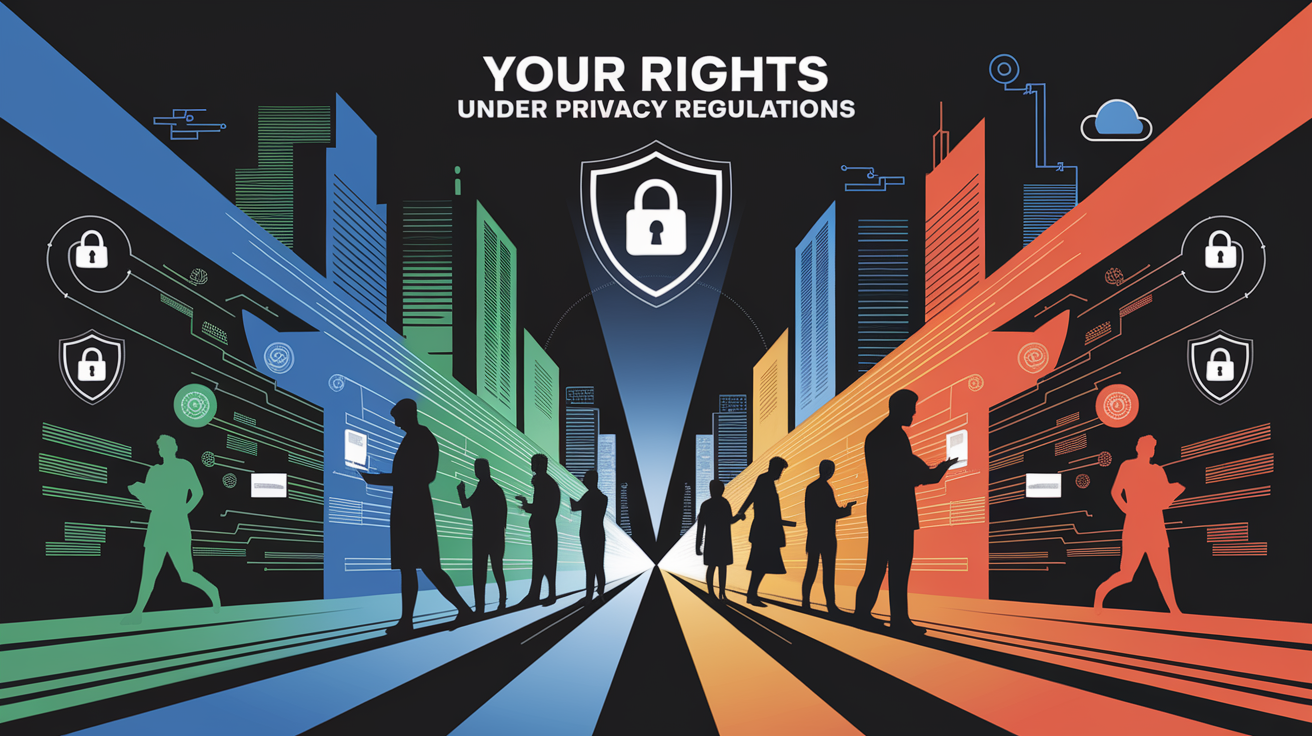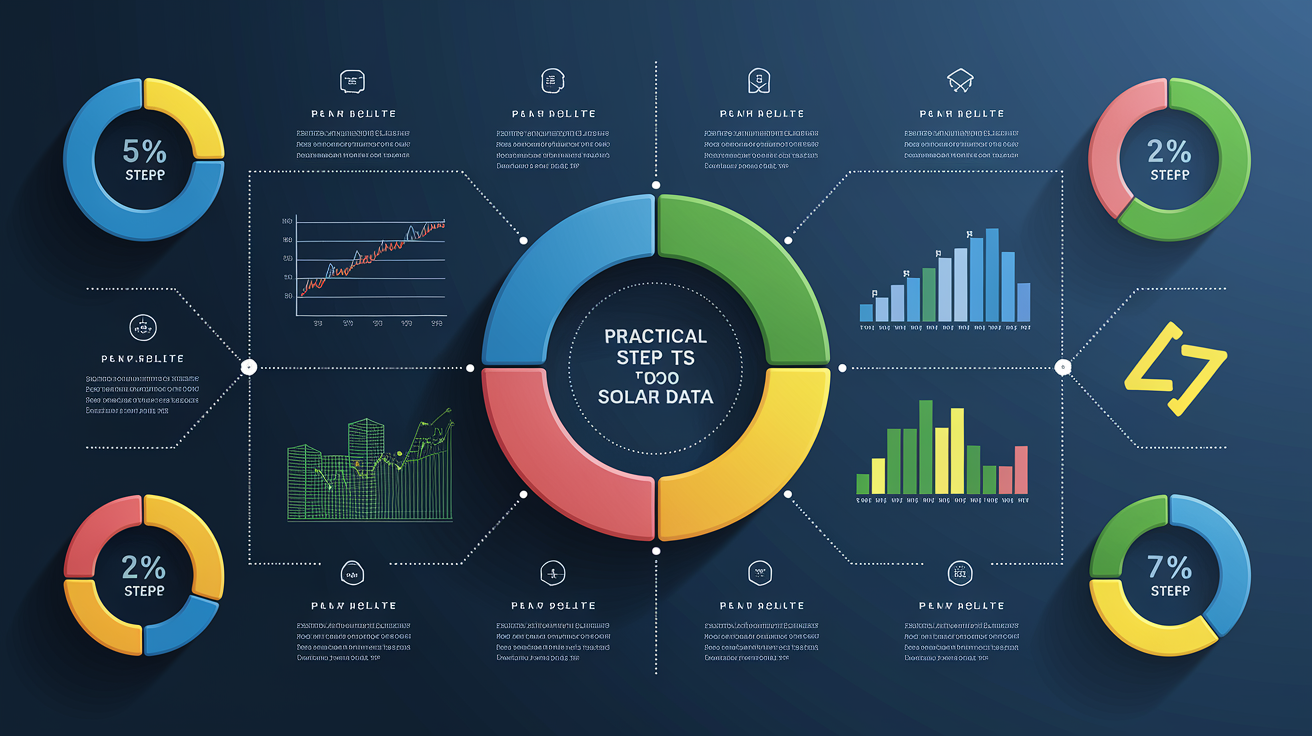Sun-Kissed Data: Securing Your Solar Privacy Rights
Shining Light on Your Solar Data Rights
As solar adoption accelerates across the United States, customers are producing more than just clean energy — they’re generating vast amounts of personal and operational data. Solar panel data from photovoltaic systems, solar monitoring systems, and smart meters can provide insights into household energy usage patterns, lifestyle habits, and system performance. While this information enables solar installation companies and utility companies to deliver efficient service, it also raises urgent questions about renewable energy privacy, customer data protection, and compliance with evolving state privacy laws.

From California’s upcoming California Privacy Rights Act provisions to newly enacted regulations in states like Delaware and Minnesota, the rules around energy data rights are tightening. Consumers now have more tools to control how their data is collected, shared, stored — and ultimately, protected.
Understanding the Data Collected by Solar Providers
Solar monitoring systems and solar inverters connected to grid-tied solar arrays collect granular energy consumption data and generation metrics. These can include:

- Real-time energy production and usage from energy storage systems
- Location-based data tied to your installation
- System performance details from solar performance monitoring devices
- Behavioral analytics and usage pattern tracking over time
Additional data may involve personal information collection, such as account identifiers, financing details, and contact information. When integrated with smart home integration technologies and other IoT device security environments, these datasets can become highly revealing.
As noted by the National Renewable Energy Laboratory, privacy concerns arise when this information is transmitted to third-party solar providers, lenders, or marketing partners without clear disclosure or customer consent. Data sharing agreements, consent management tools, and robust cybersecurity measures — including encrypted data transmission — are essential for safe handling.
Your Rights Under Privacy Regulations
In the absence of a federal privacy law, state-level measures are shaping protections for solar customers. Under the new privacy laws taking effect in 2025, customers generally have rights to:

- Access their solar panel data and request data portability
- Correct inaccuracies in energy consumption data
- Delete personally identifiable information
- Opt out of profiling, automated decision-making, or marketing uses
- Receive data breach notification promptly
California’s CPRA (effective 2026) will further require explicit customer consent forms for certain types of behavioral analytics and cross-border data transfers, while mandating transparent privacy policies and minimizing data retention through data minimization practices.
Solar installation companies must ensure regulatory compliance through agreements with third-party processors, clearly posted privacy notices, and tools like opt-out mechanisms for anonymized energy data sharing.
Practical Steps to Safeguard Your Solar Data
Homeowners can take several actions to protect their information and exercise their rights regarding solar monitoring system data collection practices:

- Review and understand your provider’s transparent privacy policies — look for details on data retention policies and sharing arrangements.
- Request access to your solar performance monitoring records to verify accuracy and correct errors.
- Use consent management tools to control third-party access to solar performance data.
- Enable and confirm encrypted data transmission for smart meter and inverter feeds.
- Deploy additional IoT device security protections if your solar equipment is integrated with other smart home systems.
- Leverage opt-out mechanisms for marketing or profiling based on your energy consumption data.
If a data breach occurs, contact your provider immediately to understand what information was compromised, and invoke your rights under your state’s renewable energy data privacy regulations.
Empower Your Solar Privacy Journey
The transition to clean energy is also a transition to a data-intensive world. Solar installation customer consent requirements, evolving state laws, and stronger industry standards are giving customers more influence over how their data is handled. Awareness is the first step: knowing what’s collected, how it’s used, and under which safeguards. The next is action — asserting your rights, demanding transparency, and ensuring your solar energy customer data retention policies align with your comfort level and security expectations.
As policy changes and data privacy management software for the solar sector become more prevalent, customers who actively manage their energy data rights will be better positioned to reap the advantages of renewable power without sacrificing control of their personal information.
In the sun-powered future, protecting your data is just as vital as capturing every ray — and both are worth the investment.







